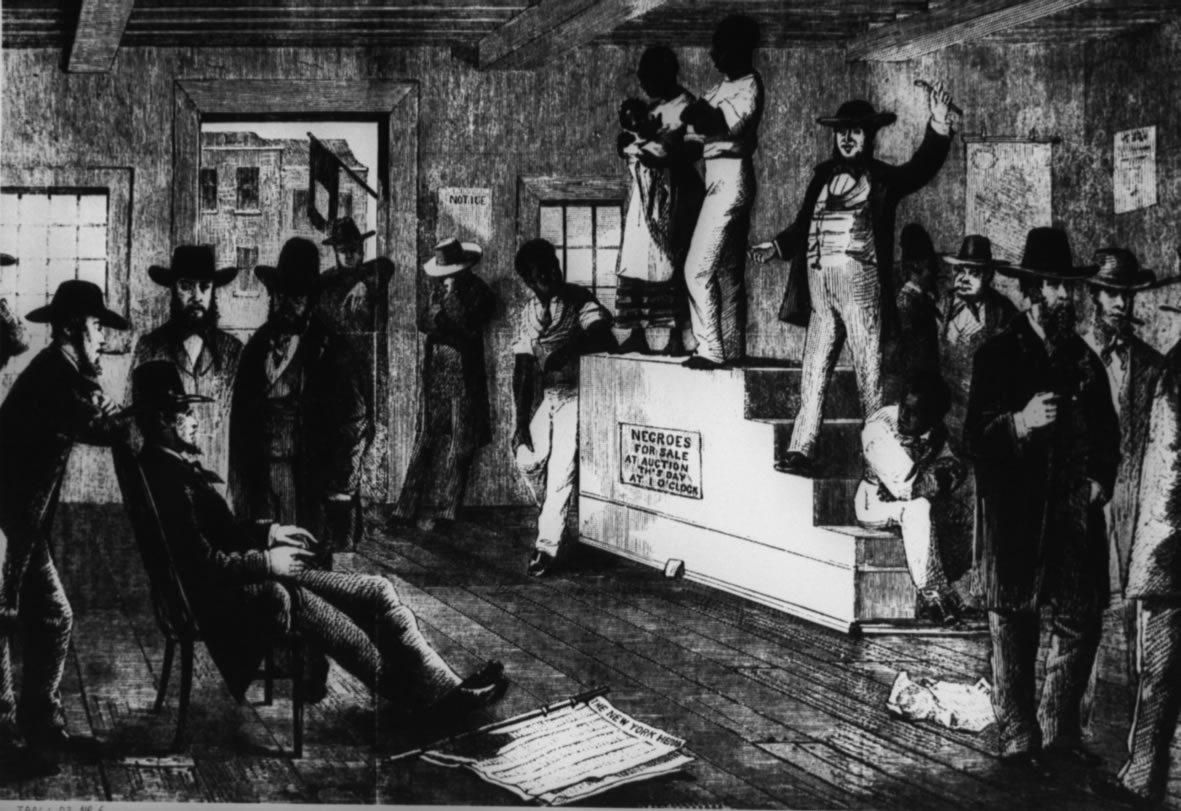Slave songs
CALLS - HOLLERS -CRIES
'I usually picked 150 pounds of cotton every day. We picked cotton and sang and sang and picked, day in, day out.'
In many respects, singing offered relief. One expressed ones' emotions and in this way found a means of controlling them instead of being overwhelmed by them. Or it was a way of reducing the loneliness in the enormous fields of the Southern states, where by using 'calls', messages were passed over several hundreds of metres and one could communicate with ones' fellow man. Or one only attracted attention with abstract 'hollers' without a message. For wood cutters or the surface-men who laid the rails for trains or for the prisoners on chain gangs, synchronic rhythms were necessary. Field hollers, calls and cries on the other hand were more individual forms. Working music hem consisted actually unconnectedly of music during work. In the same way that the expressive singing technique of the field hollers and cries exercised influence on other forms of Afro-American music, like the Blues, so too the repertoire of the blues and folk singers found acceptance in the songs of the cotton fields.
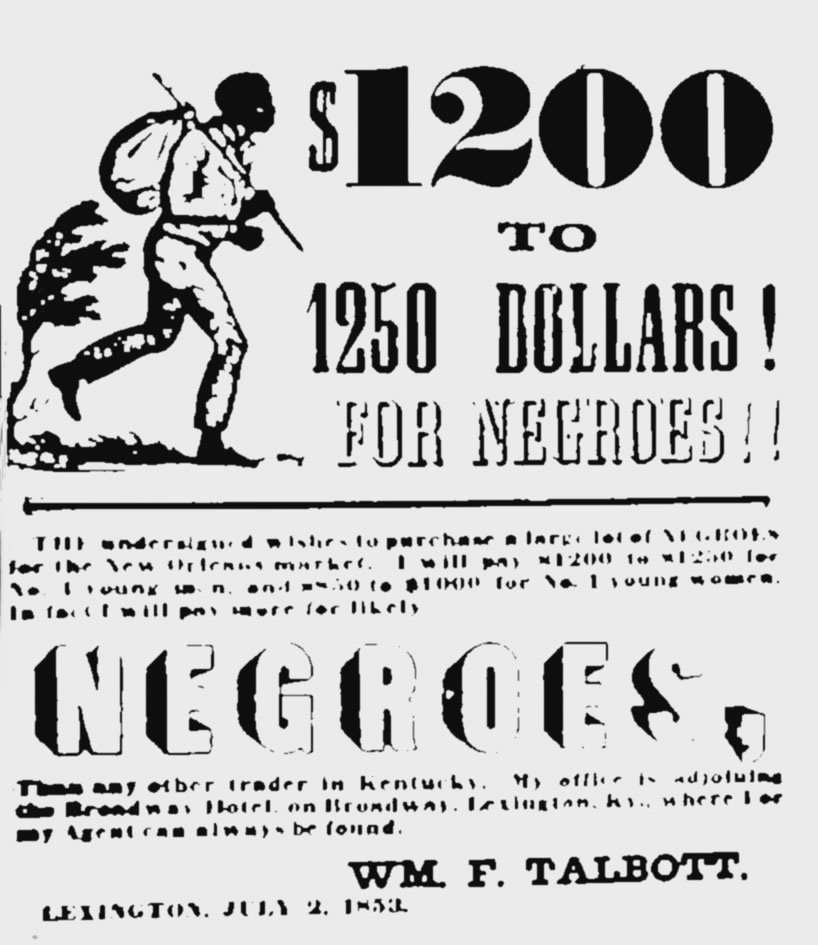

Bills and posters of slave trade, 1835
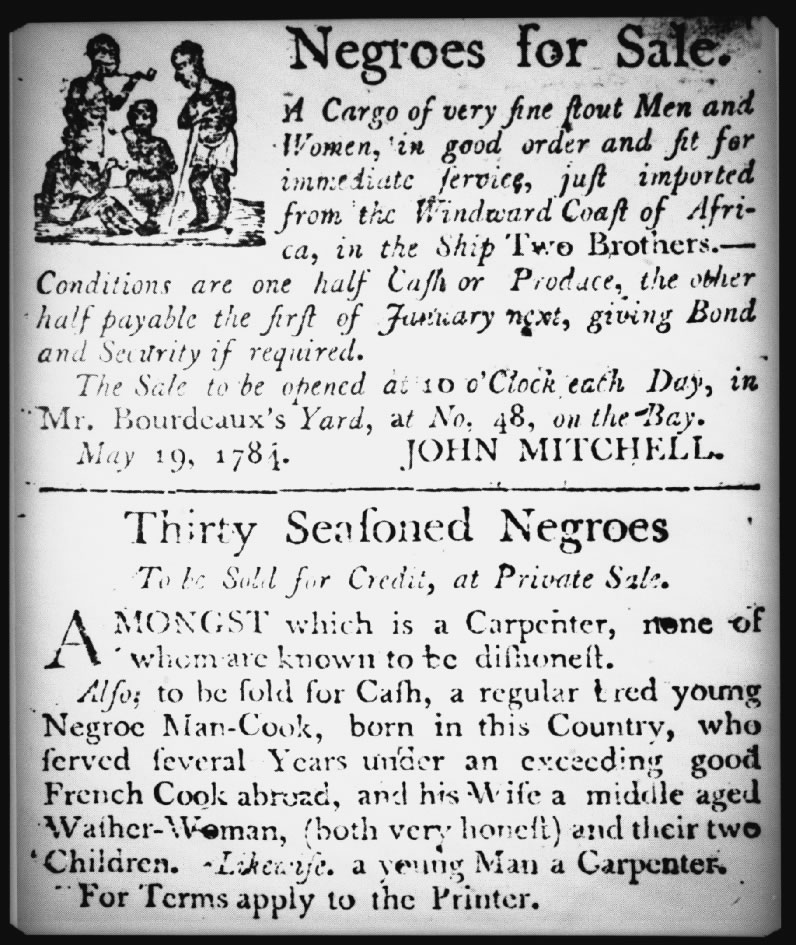

Bills and posters of slave trade, 1835


Bills and posters of slave trade, 1835
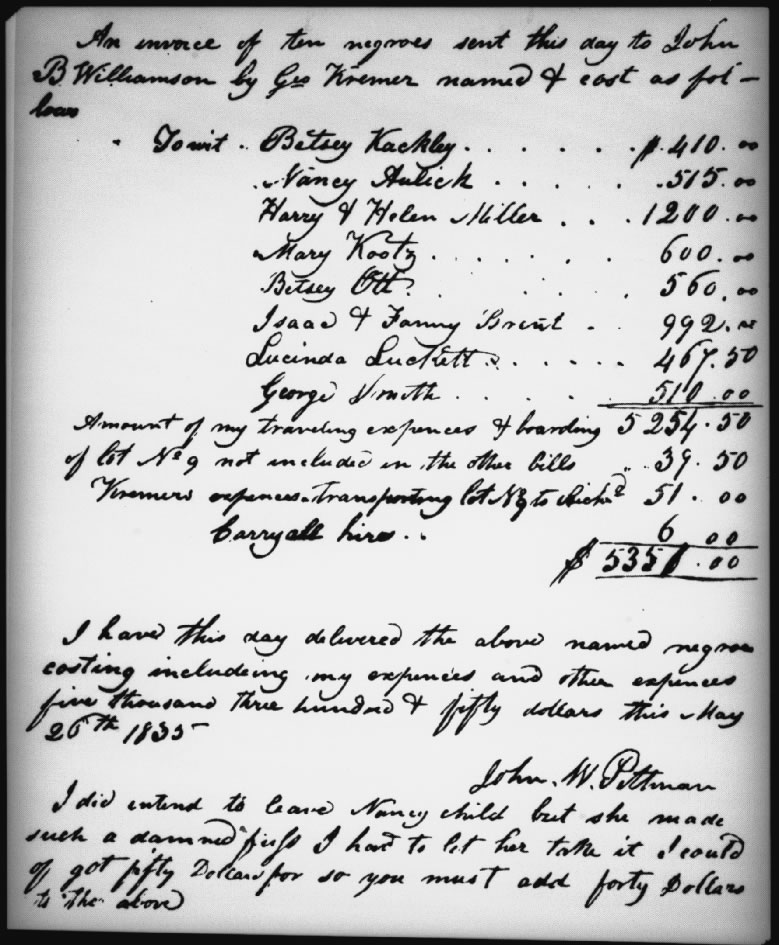

Bills and posters of slave trade, 1835
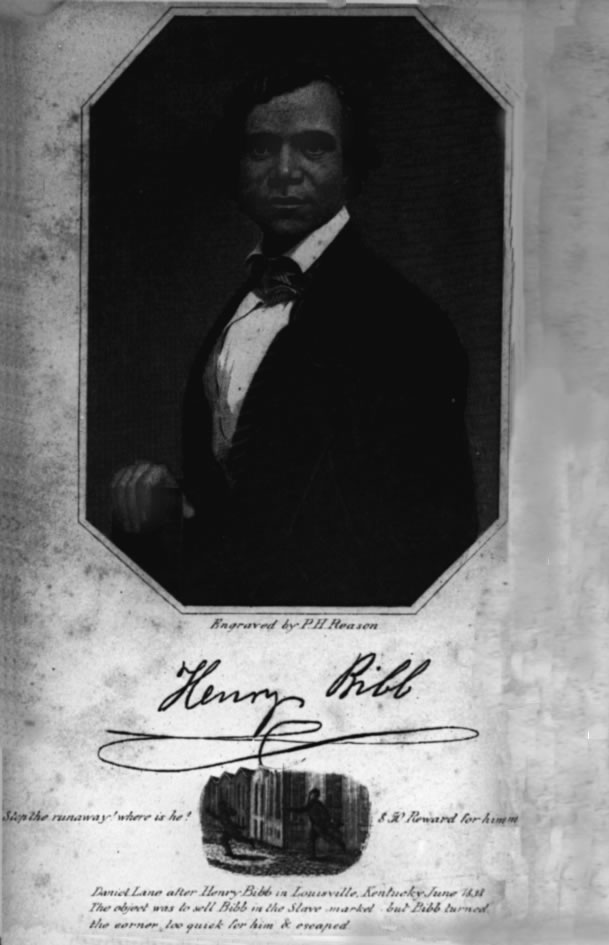

Arrest notice of an escaped slave
